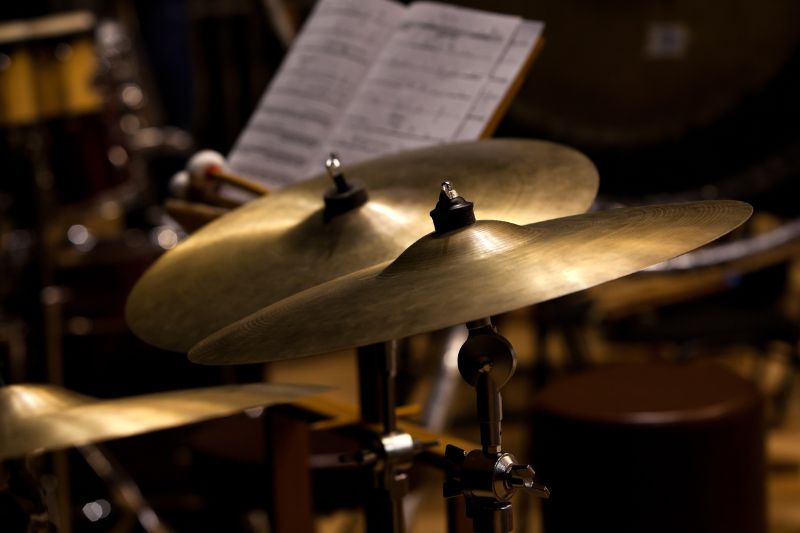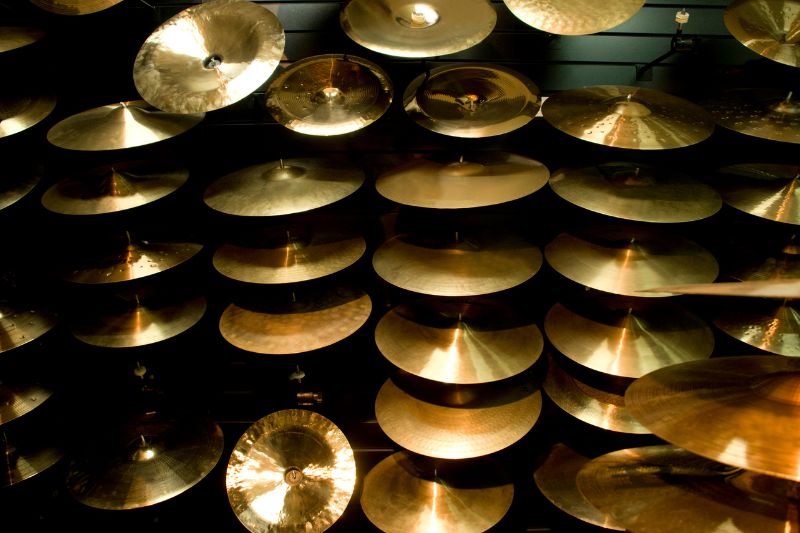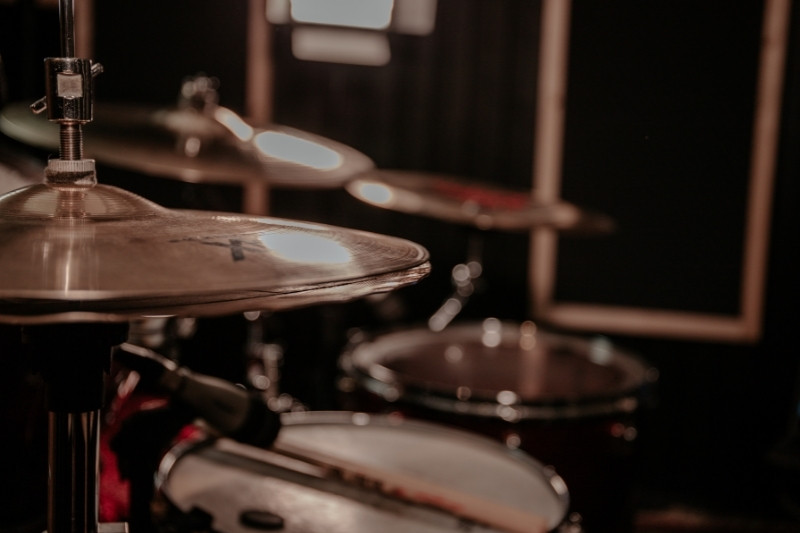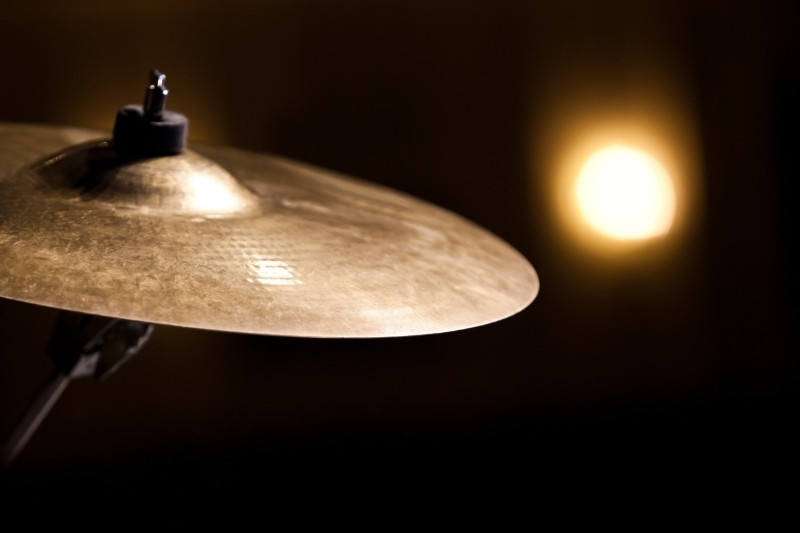How to Dampen Cymbals – DIY and Pro Solutions
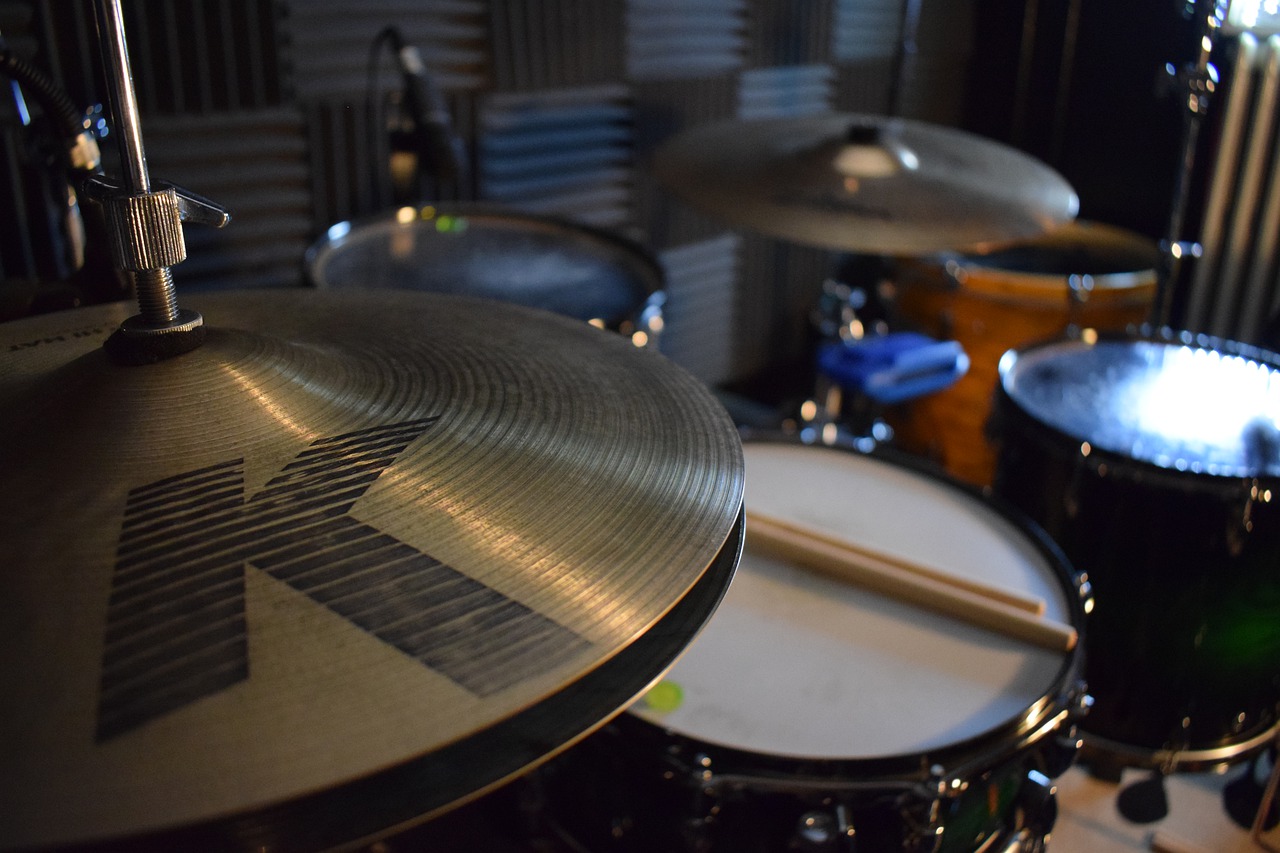
There are several ways to dampen the noise of your cymbals. From putting some tape on them to buying yourself low-volume cymbals, you have several options when it comes to quieting down your kit.
Cymbals can be extremely loud. Drummers usually want to have their instrument with them, but if it’s an acoustic set, practicing can get a little bit tricky due to noise constraints.
Cymbals are particularly loud parts of the drums. With their sharp sound, you can hear them miles away when being played. Also, some drummers want to dampen the sound of their cymbals because they like it more that way.
In this article, we’re going to present to you the best ways to dampen the sound of your cymbals.
Contents
Tape (Gaffer Tape)
One of the earliest DIY solutions for dampening the sound of cymbals was by using tape. People will usually stick a patch of tape on their cymbals to try and dampen the sound that comes off. But, because duct tape leaves a lot of residue glue when you take it off, the best way to go is to use gaffer tape.
Gaffer tape is a type of tape that’s usually used for cables and similar stuff, so it’s readily available in music studios and playing venues. Even if it’s not, it’s a cheap and easy way of adjusting the sound on your cymbals. But compared to the other products in this article, it will offer the least amount of actual dampening of the sound.
Gaffer tape, or any tape, can’t really be used to get your cymbals to be much quieter. What it excels though is fine-tuning the sound you get when you play your cymbals, cleaning out the residue sustain you can easily have when you play them.
moongels“>Moongels
MoonGel is a purposefully designed gel that’s meant to be used on both drums and cymbals as a dampening product. It creates patches of soft gel which affect the sound of the drums when you hit them both on and off the patch.
Each drummer uses them differently – the best way is to just improvise and find what’s best suited for yourself and your drumming needs. You don’t have to worry about damaging your cymbals when applying MoonGel.
It washes off with just water, so you can easily take it off and it won’t affect your cymbals in any way. It comes in a plastic package and is fairly cheap, so you don’t have to worry about taking it with you or the product is too expensive.
Cymbal mutes
If you’re looking to mute the cymbals instead of just turning the sound down a little bit, then you’re probably going to need cymbal mutes. These mutes come in various shapes and forms, but their main feature is that they are a piece of cloth or some other material that you put over your cymbals, making it much quieter.
The whole reasoning behind this is that you need something to keep the cymbal from vibrating, so these covers are perfect.
They come usually in packs for your drum set, so you can cover both your drums and cymbals, but you can also get them individually just for a certain cymbal.
The point of these is to help you practice at home, as it dampens the sound of drums, bringing it down to some acceptable levels, but this has its cost. The sound from your drums will be shattered. Same as when you take the cymbal with your hands, you won’t be able to get a nice, clean sound from your cymbals with these.
Alternative option – low volume cymbals
Another option for you, if you’re looking to keep the noise down from your drums, is to go and get yourself low volume cymbals. There are many variations of these from various manufacturers, but the Zildjian Low Volume series peaks at the top of this section on the market.
Low volume cymbals are usually made as normal cymbals, but with holes in the surface, making them have an almost similar sound, but much quieter than standard cymbals do.
They are rarely used on stage because they are so quiet, they can’t cope with the rest of the band making noise, except in some acoustic variations or really small venues. But they are a perfect solution for anyone looking to get a nice, quality sound without the noise that usually comes with it.
Zildjian L80 is a 20” ride that will give you the straight ride cymbal experience with quality sound and as low volume as you can get, making it perfect for your practice kit or recording session.
The only downside of this solution is the price – you’re going to have to buy all of the cymbals in a low-volume version and have two separate packs of cymbals, where you use one for practice and one for the stage.
This can prove a bit of a problem if you’re a professional musician, as you can’t practice on the cymbals that you’re going to play when the time comes on stage. But this is the best low-volume option on the market out there.
How dampening cymbals affects the sound
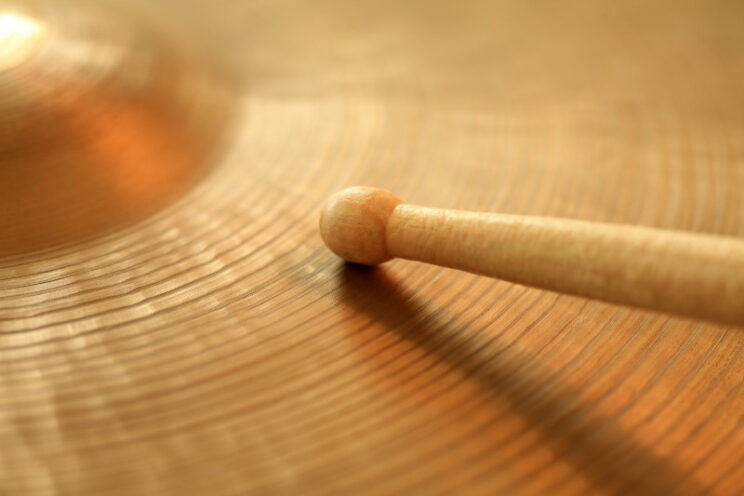
As you well know, any sound that cymbals make is due to the vibrations they have when you hit them with a drum stick. When you affect those vibrations, you’re naturally going to alter the sound that comes off them when they’re played.
If you’re using gaffer tape or a moon gel, the dampening of cymbals will not necessarily bring the level of the volume down, but it will affect the sound that comes off. This is especially noticeable when you’re recording – keeping much of the sustain of the record can really help when producing a record. Also, keeping the “wash” off the sound can affect how the whole band sounds when you get on to play.
On the other hand, the use of low volume cymbals and cymbal mutes is meant to keep the volume of the cymbals down as much as possible. Cymbal mutes are a cheap way to keep the noise down, but they will massacre the sound of your cymbals.
Playing with these is meant just for practice and has the same feel as playing with practice pads – you can practice your moves, but you’ll never get the sound right.
Low-volume cymbals on the other hand have a much better sound, but they are also quite expensive and heavy to carry around all the time as a backup set.
Conclusion
Dampening your cymbals can be a great option for keeping the noise down in certain situations. Low volume cymbals are one of these options that will help you practice without having to worry about any problems.
There are several different ways in which you can dampen the sound of your cymbals. Depending on what you need and how much you want to dampen and/or affect the sound, you can choose from all of these options.
We hope that this article has helped you pick a product or learn about things that are out there on the market. The main thing is that there are plenty of options and they are all safe, you just have to pick one according to your needs and budget.

